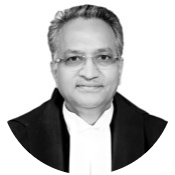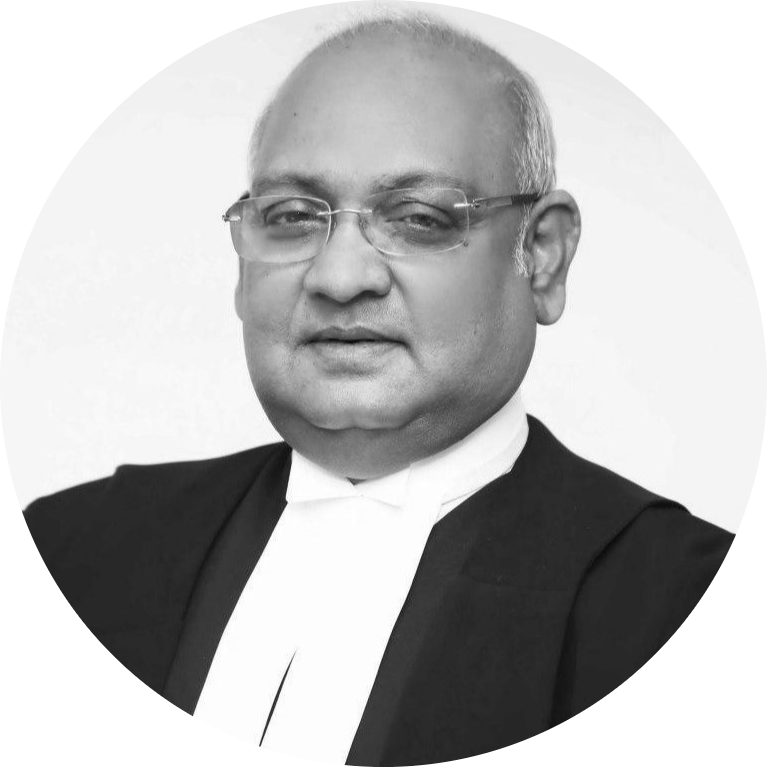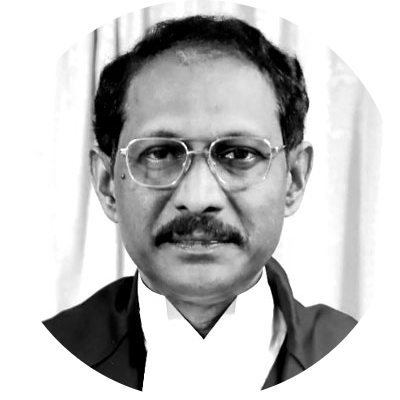FCRA Amendment
Noel Harper v Union of India
The Supreme Court upheld provisions of the Foreign Contributions (Regulation) Amendment Act, 2020, which place restrictions on NGOs ability to raise and use foreign funds.
Decided
Parties
Petitioner: Noel Harper; Jeevan Jyothi Charitable Trust; Vinay Vinayak Joshi
Lawyers: Gopal Shankarnarayanan, Abhishek Jebaraj
Respondent: Union of India
Lawyers: Tushar Mehta, B.V. Balaram Das
Case Details
Case Number: WP (C) 566/2021
Next Hearing:
Last Updated: July 20, 2022
Key Issues
Whether the Foreign Contributions (Regulation) Amendment Act, 2020 is manifestly arbitrary and violates the right to equality for requiring an account to be opened at a specific SBI branch for foreign contributions?
Whether the Foreign Contributions (Regulation) Amendment Act, 2020 violates Article 19 by having a disproportionate impact on NGOs that receive foreign funding?
Case Description
The Foreign Contributions (Regulation) Act, 2010 (the Act) was enacted to regulate the influx of foreign contributions or funds given to individuals, associations or companies. The Act purports to ensure that these contributions do not affect or influence activities that are of ‘national interest’ such as electoral politics or the judiciary. All organisations that receive contributions or funding from abroad are bound by this Act and must register themselves under it. The Act introduces stringent limitations on who can receive foreign contributions, and how they can use them.
On September 28th 2020, Parliament enacted the Foreign Contributions (Regulation) Amendment Act, 2020 (the Amendment). Certain provisions were changed and introduced into the Foreign Contributions (Regulation) Act, 2010 (FCRA). These provisions further restricted the manner in which foreign funds could be received and used.These Amendments affected Non-governmental organisations most dramatically.
The Amendment made the following changes to the FCRA:
- Transferring or sub-granting foreign contributions to any other ‘person’, including individuals, associations or registered companies is prohibited [Section 7].
- The amount of foreign funding that can be used for administrative expenses is reduced to 20% of the funds received, where it was previously 50% [Section 8(1)(b)].
- The Central Government is empowered to direct persons receiving foreign funding to not utilise it or receive any further funding after conducting a summary inquiry [Section 11(2)].
- Those registered under the FCRA or applying for registration are required to open a bank account in the main branch of State Bank of India in New Delhi and may only receive and deposit foreign contributions through this branch [Sections 12 & 17].
- All office bearers, directors and key functionaries of the registered organisation must provide their Aadhaar numbers for identification purposes [Section 12A].
The changes to the FCRA place steep obstacles for Non-Governmental Organisations (NGOs) to receive foreign funding. It has been argued that these restrictions will greatly hamper the functioning of NGOs that receive foreign funds, as well as small NGOs which can no longer receive fund transfers from relatively larger organisations.
The Amendment was challenged under Articles 14, 19 and 21 by Noel Harper, the Chairman of the Care & Share Charitable Trust, and the Jeevan Jyothi Charitable Trust. The petitioners argue that the blanket requirement to open an account at one specific SBI branch is manifestly arbitrary and serves no rational purpose, violating the right to equality.
Further, they argue that the Amendment lacks a legitimate objective and has a disproportionate impact on NGOs. The restriction on sub-granting and the reduced cap on administrative expenses make it harder for NGOs to pursue their cause, violating the Right to Association.
Additionally, NGOs challenged the requirement for the NGO officeholders to produce Aadhar cards for FCRA clearance, arguing that it violates the Right to Privacy.
In response, the Union Government argued that the Amendment is meant to prevent malpractice and diversion of funds, while defending the country from interference by foreign powers.
Justices A.M. Khanwilkar, Dinesh Maheshwari and C.T. Ravikumar delivered a Judgment upholding the Amendment on April 8th,2022. The court held that the Right to Association does not include the right to receive unregulated foreign funds. It observed that the Amendment places reasonable restrictions on NGOs. The Judgment curiously advised NGOs to solicit domestic philanthropy instead of relying on foreign funds. The Judgment is likely to dramatically impact small, grass-roots level NGOs.



